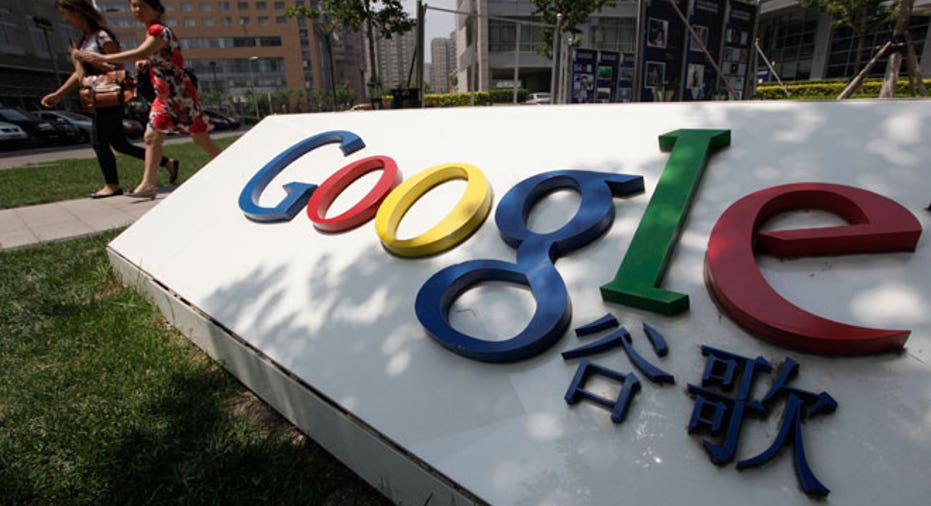Google Wages Keyword Battle Over China's Censorship

In its latest effort to squash efforts by Beijing to restrict online content, Google (NASDAQ:GOOG) began warning people in mainland China on Thursday that certain keywords in searches may trigger the government’s Internet blocks and break their connection.
Google, which has long fought against Internet censorship in China, launched this week a new feature on its search engine there that informs users which keywords are likely to trigger censorship blocks and cause a system outage for more than a minute.
“We’ve observed that many of the terms triggering error messages are simple everyday Chinese characters, which can have different meanings in different contexts."
The tech titan said it started reviewing the system after complaints by users on mainland China of spotty service. After taking a “long, hard look” at its system, it found no internal problems, but noticed specific keywords, such as the character Jiang, which is a popular surname that also means ‘river,’ can cause connection problems.
The new mechanism includes a drop-down menu that appears under the search bar when problematic keywords are typed. The warning informs users that going through with the search may “temporarily break your connection to Google,” and ensures that that the “interruption is outside Google’s control.”
Users can choose to either “search anyway” or “edit search terms.”
“By prompting people to revise their queries, we hope to reduce these disruptions and improve our user experience from mainland China,” Google said in its official blog on Thursday. “Of course, if users want to press ahead with their original queries they can carry on.”
Google appointed a team of engineers in the U.S. to review the 350,000 most popular search queries in China. They looked at multiple signals to identify disruptive queries, and then identified specific terms at the root of the issue.
“We’ve observed that many of the terms triggering error messages are simple everyday Chinese characters, which can have different meanings in different contexts,” Google said.
For example, Jiang, the surname and word for “river,” not only causes problems on its own in a search, but will break connectivity if also searched with Lijian, the name of a city in the Yunnan Province, or the Jinjiang Star hotel chain.
Searching for Zhou, another common surname that also means “week,” triggers an error message on its own, and will produce similar results if included in other searches, such as Jay Chow, a popular comedian from Hong Kong.
“We’ve said before that we want as many people in the world as possible to have access to our services,” Google said. “Our hope is that these written notifications will help improve the search experience in mainland China.”
Error messages often include statements like “this webpage is not available” or “the connection to www.google.com.hk was interrupted,” and encourage people to either “reload the webpage later” or “check your Internet connection.”
Following the message, the user is often unable to access Google's site for more than a minute.
Mountain View, Calif.-based Google’s service has been shaky in China since its public spat with Beijing authorities over censorship two years ago when it loudly announced that it would not adhere to censorship policies there.
In the statement this week, though, Google did not mention China’s blocks.



















